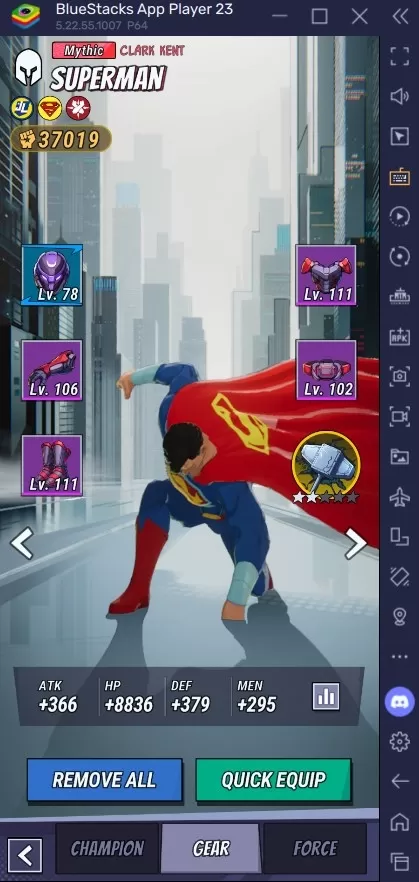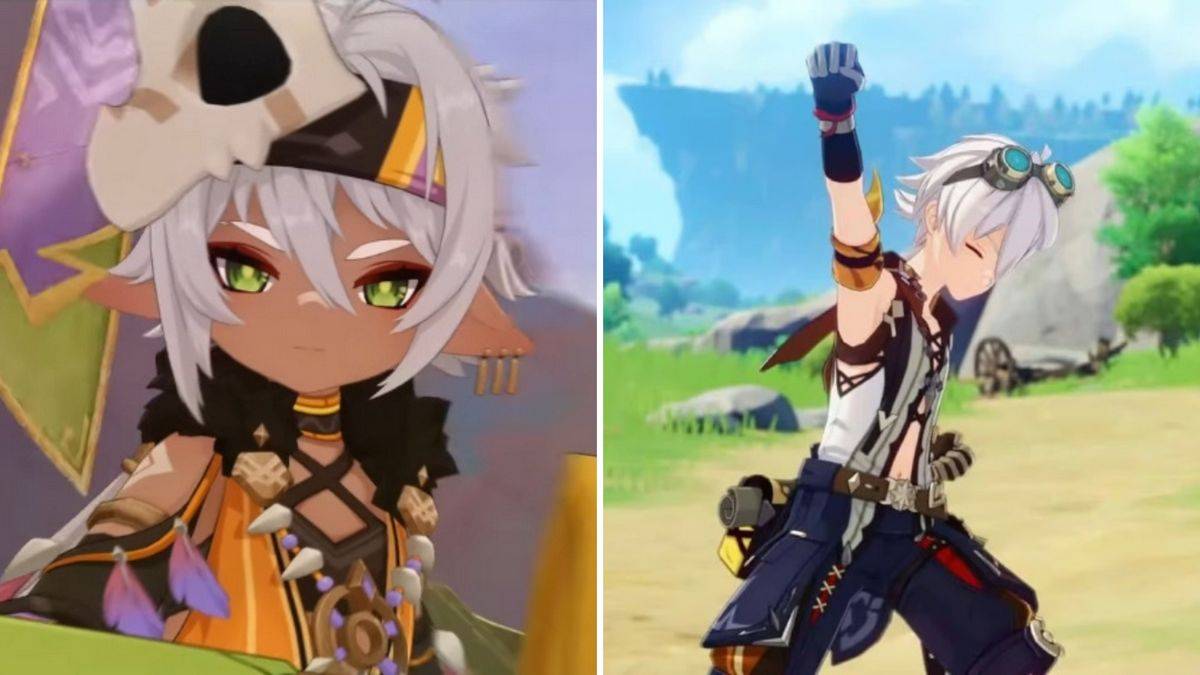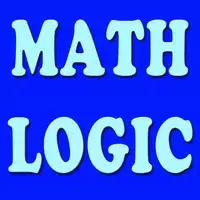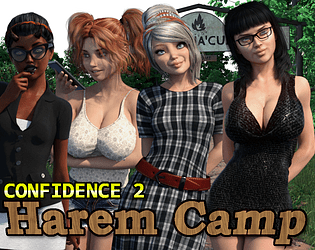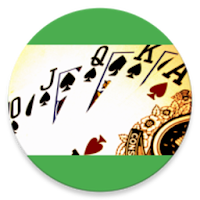Pokémon TCG Pocket's in-game trading system fuels a thriving black market for digital cards on platforms like eBay. Players are buying and selling cards for prices ranging from $5 to $10, exploiting a loophole in the game's mechanics.
Sellers circumvent the game's terms of service—which prohibit the buying and selling of virtual items—by exchanging friend codes and cards. A typical transaction involves a buyer providing an "unwanted Pokémon ex" card in exchange for a desired card. This allows sellers to essentially profit without losing valuable cards, as only cards of the same rarity can be traded. They simply acquire a replacement ex card through the trade.
Numerous eBay listings feature high-demand cards, including ex Pokémon and 1-Star alternate art cards. Entire accounts, complete with Pack Hourglasses and rare cards, are also for sale, a common occurrence in online games despite violating terms of service.
The trading mechanic itself sparked controversy upon its release. Criticism centered on the "Trade Tokens" system, requiring players to delete five cards to trade one of equal rarity, and the inability to trade publicly within the app. This necessitates the use of external platforms like eBay, Reddit, and Discord to facilitate trades. Many players, such as Reddit user siraquakip, desired a more integrated and community-friendly trading system within the game.
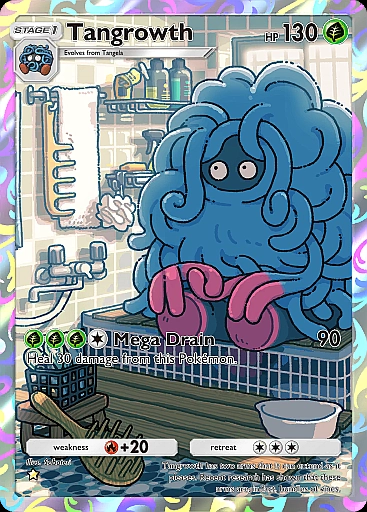
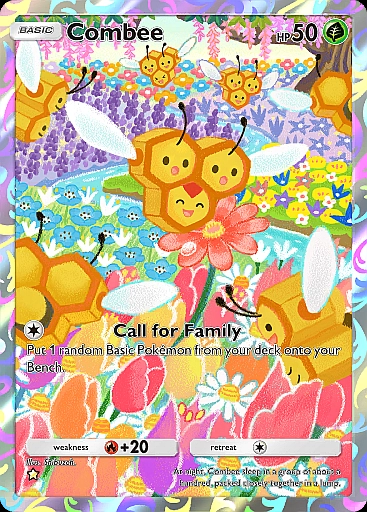
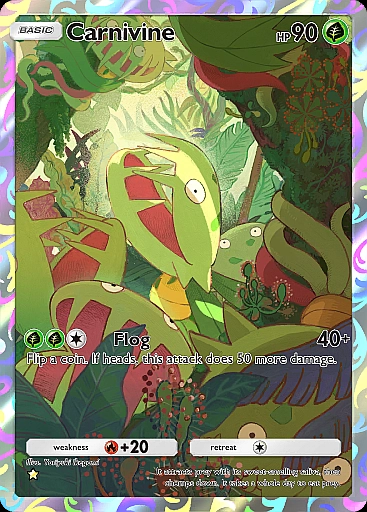
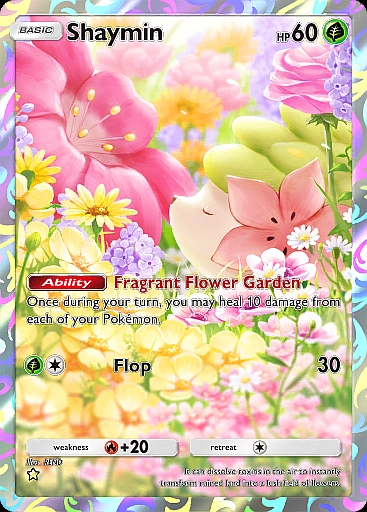
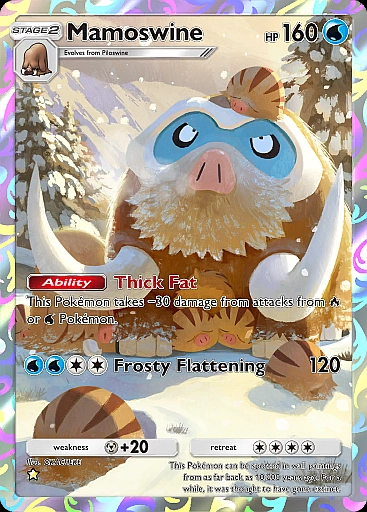
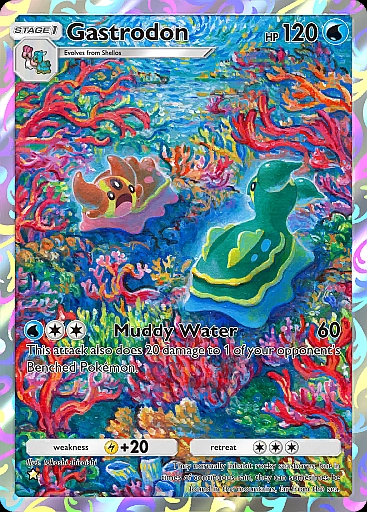
(52 Images Total)
Developer Creatures Inc. has warned against real-money transactions and cheating, threatening account suspensions. Ironically, the Trade Tokens system, implemented to curb exploitation, has inadvertently fueled this black market and alienated a significant portion of the player base. While Creatures Inc. is investigating improvements to the trading feature, concrete solutions remain elusive despite ongoing complaints.
Many believe the trading system's limitations, such as the inability to trade higher-rarity cards, are designed to incentivize in-app purchases. The high cost of completing card sets (one player reportedly spent $1500 on the first set) further supports this theory. This is particularly relevant given the game's estimated half-billion-dollar revenue in under three months, before the trading feature was introduced.

